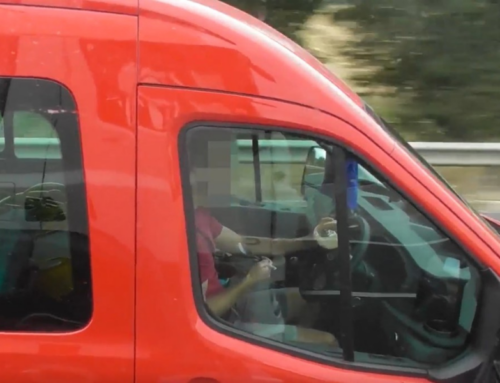Business survival after COVID-19
As uncertainty continues in relation to the country’s route through the COVID-19 pandemic, many businesses are fighting for survival. Weeks of lockdown have turned into months, and organisations across many different sectors are coming to terms with what could turn out to be truly monumental changes to the way they do business.
In the midst of stress, anxiety and complexity, it can be all too easy to let normal housekeeping procedures fall by the wayside. But even in these difficult times, it is crucial that organisations keep on top of their normal policies with regard to health and safety, regulatory compliance and other key frameworks. Business responsibilities and liabilities remain unchanged.
Duty of care – what policies require review?
When it comes to policies and procedures around driving for work, there are several different housekeeping areas to think about. Particularly pertinent areas include fatigue policies, which may indeed be more important than ever, if drivers are working longer hours than normal in order to deliver key work.
Then there are policies around the upkeep and maintenance of vehicles. Again, these may be disrupted due to lockdown; we have already blogged about the extensions which have been granted to MOT tests, for example. But MOT extensions do not take away organisations’ responsibilities for ensuring that their vehicles are roadworthy, and if routine external checks and inspections are delayed, there is actually more onus on businesses to carry out checks internally.
Onboarding new drivers
Another important aspect to consider is the recruitment and onboarding of new staff. Once again, due to lockdown the usual processes of, say, checking new drivers’ licences and competencies are more difficult to undertake. But this does not mean they can be ignored. The same responsibility to ensure that every driver is properly qualified and equipped for the role they are undertaking applies as it always did. Fleets therefore need to be looking at filling any training gaps that have occurred as soon as conditions allow.
Record keeping – are you compliant?
Record-keeping is a crucial part of all of these housekeeping tasks, in order to maintain a robust audit trail for future reference. This, of course, can be particularly challenging when staff are working from home and may not have access to the same applications or data as they usually do – and it underlines just how important it is to give home working staff access to the right tools as far as possible.
On the other hand, a period in which drivers are furloughed and vehicles off the roads can actually be a really useful time to review internal policies, to ensure that ongoing record-keeping is taking place and to consider ways in which some of these processes can be enhanced. As the initial shock of lockdown subsides, many organisations may find that there are some useful dimensions to this time out from normal operations. Cost controls and managing expenditure are critical for many businesses, but can sometimes slip out of focus when things are busy.
There are many business benefits to managing those who drive for work effectively, and we would recommend that all fleet managers try to spend some time over the coming weeks examining their current policies and considering if there are improvements to be made. These steps will all be useful in the return to work and hopefully a return to normality.
Driving for Better Business has created a series of resources to help fleet operators and business owners navigate the new challenges wrought by the COVID-19 pandemic. Click here to access our COVID-9 Transport Toolkit.






